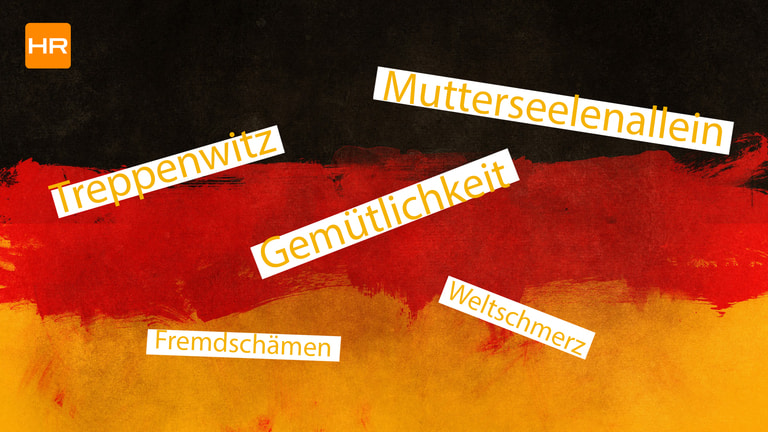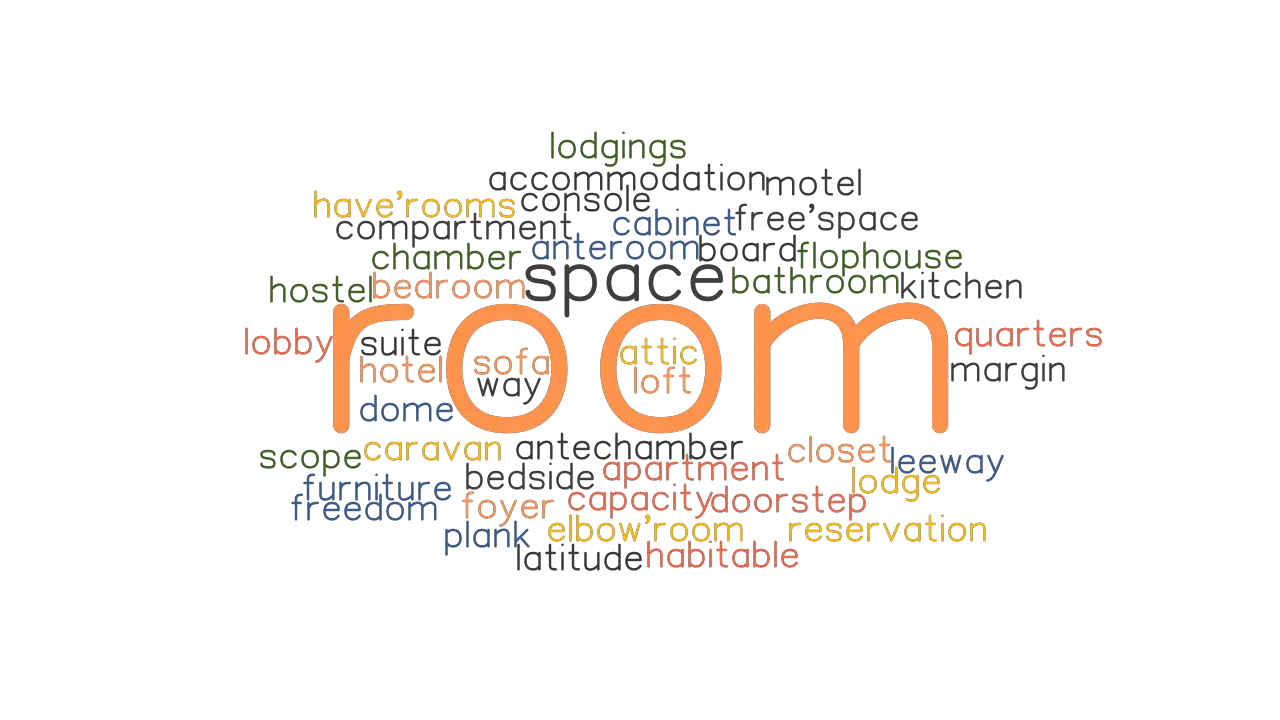Memorizing German words and texts is perhaps one of the most boring and unpleasant things in the process of language learning. But even this part can be made pleasant and not as difficult as it seems at first glance. If you follow the system and approach the process with your head, then you can quickly learn a large number of German words and texts in a fairly short time.
The most quickly memorized German words that sound similar in their native language, for example, der Schlagbaum, die Post, das Tunnel, etc.
Or internationalism words that take their roots mainly in Latin: der Puls, die Evolution, etc. There won’t be many problems with these words.
But what about those words and texts in German that do not resonate at all with their native language?
How to quickly learn German words?
1. The first way is the association method.
The first thing that effectively disposes to quickly memorize German words is the creation of associations. Moreover, these can be images that are understandable only to you, related to your personal experience.
An example of using associations method:
For example, the expression “von Beruf” (by profession) was associated with the title of count by one of the students – this is how she remembered it. Unusually, now it is unlikely to fly out of her head. It can also be associations of German words for similar sounding. For example, the German word “brauchen” (to need) is similar to the Russian word “took”. You can imagine that a person took something because he needed it. And so on, by analogy.
Practical Exercise # 1:
To practice memorizing German words quickly, come up with associations for the following row of words, and then you can compare them with ours:
- Sagen (to speak)
- Der Käse (cheese)
- Der Rock (skirt)
- klatschen (to knock, to applaud)
- Sich rasieren (shave)
2. The second way: antonyms and visualization

Also, their antonyms will help you quickly learn German words, especially if they are adjectives: weiß – schwarz (white-black), klug – dumm (smart – stupid), etc. Moreover, memorizing new German words, it is better to reinforce them with visualization – i.e. the image of the word being studied. Special vocabulary cards are very suitable for this:
New German words supported by a picture are easier to remember, because create in memory an additional lever for memorization. The perception of German words by ear also helps, for example, you can pronounce the studied word out loud yourself, or include special audio files in the learning process.
3. The third way: semantic chains
Another way to quickly learn German words and texts is to create semantic chains. To do this, we select the main German word, to which we can bind a whole series of words.
An example of using semantic chaining:
Let it be the German word “das Wetter” (weather). The following words are associated with this word: der Winter, der Frühling, der Herbst, der Sommer. For each word we select our own associative array: der Winter – die Weihnachten, die Schnee, das Eis, kalt, etc. In addition, to make memorization effective, you can build the simplest sentences:
Es ist Winter. Im Winter ist es kalt. Es gibt immer viel Schnee. Im Winter feiert man Weihnachten.
Practical Exercise # 2:
As an exercise, compose your associative series for each season, as well as a few sentences for a sample.
In this way, it is very easy to memorize words that are completely unrelated in meaning.
An example of quickly memorizing German words:
For example, you need to memorize the following German words:
- die Zeitung,
- die Speise,
- dämmern,
- der Kellner.
Now let’s try to compose a sentence from these German words:
Es dämmert und Kellner liest eine Zeitung über eine neue Speise.
Do not think about the wording of sentences in German, the main thing is that it has a meaning that you understand. Paradoxically, the weirder the wording, the better the memorization.
4. The fourth way: sticky notes

For quick memorization of German words, the method using paper-stickers has proven itself well. On small pieces of paper, you write words that, for some reason, are difficult to remember and paste them around the apartment. Thus, they so often catch your eye that it will be difficult not to remember them.
Also very effective are multiple-choice exercises, in which you need to choose one from several options.


